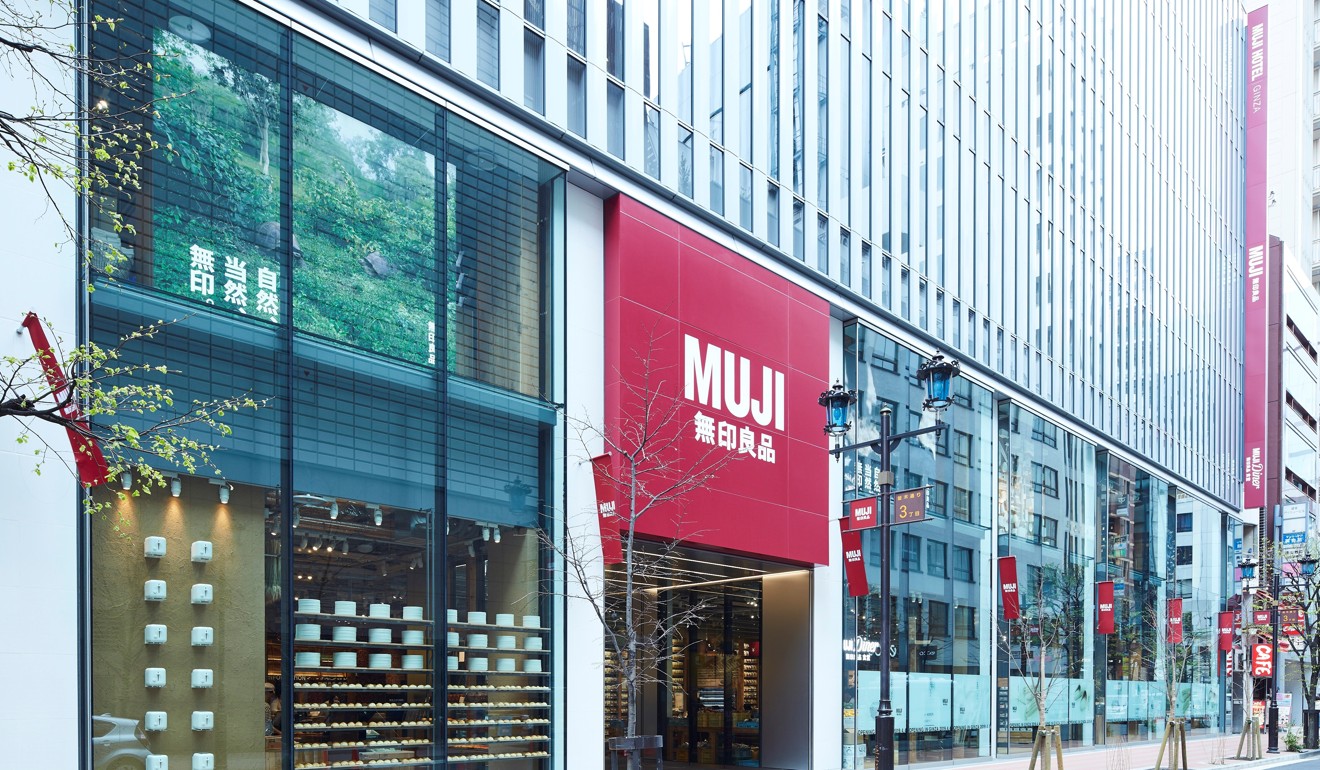
The rise of ‘Shy Japan’ shoppers: how Koreans skirt boycott of firms like Uniqlo and Muji
- Amid a trade spat between Tokyo and Seoul, a popular boycott of Japanese goods poses a dilemma for fans of brands like Uniqlo and Muji
- ‘Shy Japan’ shoppers pretend to support the boycott while getting their fix another way – even if it means flying to Tokyo for a T-shirt
Rather than be seen in local shops, Kim has taken his affinity for the brand a step further and secretly books trips to Japan at least once a month. “I went to Uniqlo in Tokyo and bought a T-shirt ,” he said of his most recent trip. “Buying Japanese products in Korea is not socially acceptable, so it’s not easy to shop at home.”
While flying abroad to buy such products may seem extreme, Kim is among a growing number of South Koreans – dubbed ‘Shy Japan’ shoppers in local media – who have taken to consuming Japanese goods and services in secret.
The response of many Koreans has been a boycott of Japanese goods in which all sorts of products, from beer to stationary, have been removed from local shops.
Caught in the middle of all this are those Korean consumers to whom Japanese lifestyle retailers like Muji and Uniqlo, the discount chain Daiso, and the Japanese-Korean conglomerate Lotte have long been staple brands.
Japan-South Korea ‘trade war’: has Tokyo shot itself in foot?
Like Kim Sung-jin, some of them have found it increasingly difficult to adhere to the boycott.
Mano Lee, a Seoul-based freelance writer, faced a dilemma when she wanted a black T-shirt that could be found only at Uniqlo. Though she claims to support the boycott, Lee said she had “no choice” but to sneak into a nearby shop, buy the shirt and leave – quickly. “After I bought it, I hid the package from people around me because the Uniqlo logo was on it,” she said.

Other ‘Shy Japan’ shoppers are less daring, preferring instead to shop online. The trend has reportedly led to the growth of online communities and chat groups in which shoppers share information on how to covertly purchase Uniqlo products online, offering tips such as how to avoid courier firms that refuse to deliver Japanese products.
Consequently, while Uniqlo’s offline sales have been hit hard – it reportedly saw a 40 per cent drop in operating profit in July and closed four shops in Korea over the summer – its online sales have remained more buoyant.
Anti-Japanese sentiment in South Korea brews as ‘trade war’ escalates
While the brand has declined to share online sales figures, Korean media reported it had sold out of some items in its “U” line, which recently featured a collaboration with fashion designer Christophe Lemaire.
“There is peer pressure not to purchase Japanese products but obviously if the products are good, Koreans won’t shy away,” said Kim Jin-young, a professor in applied microeconomics at Korea University.
Given its current problems, it’s perhaps not surprising the retailer is turning to digital strategies such as its Korea-wide “15th anniversary online sale”, which offers discounts of up to 50 per cent on a wide variety of new products. The same men’s crew neck cashmere sweater selling for HK$699 (106,000 won) on the firm’s Hong Kong online store is currently on sale for 69,900 won on the brand’s Korean online platform.
While the firm declined to comment on the rise of the “Shy Japan” trend, a spokesperson for Uniqlo’s parent company Fast Retailing said: “We of course are closely monitoring the situation [in South Korea] for any longer-term impact.”
Ultimately, it may be that consumer urges trump regional rivalries. “I don’t think the boycott is going to last much longer,” said Kim, the professor. “The [sales of the] products will speak for themselves.”

